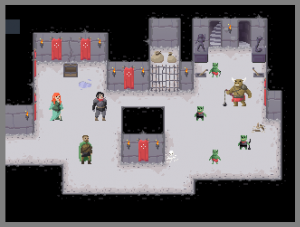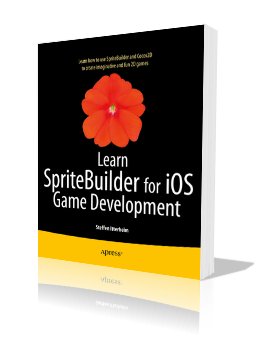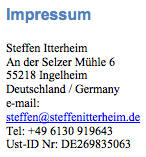Cocos2D was filed as registered trademark on July 27th and published Dec 17th 2010. The trademark includes the phrase “cocos2d” as well as the Cocos2D logo, which is described as follows:
The mark consists of COCOS2D appearing on a black rectangular background, the term COCOS appears in white letters and 2D appears in orange letters, above the wording is a brown coconut with black and white eyes appearing on an orange rectangular background.
The color(s) orange, brown, black, white is/are claimed as a feature of the mark.
The translation “coconut” was also given as the english translation for “cocos”.
You can review the supplied documents here which contain additional details.
As far as I can tell, the trademark was filed only in the US. But it may be in review for other countries.
Thanks to MagnetiCat for bringing this to my attention.
What it means
I’m not a lawyer, so take this with a lot of salt.
Specifically to those doing business in the United States (where the trademark was filed) it means that you should refrain from offering or promoting services with the Cocos2D name or logo in it, otherwise you are subject to legal proceedings for trademark infringement. Since the trademark is currently registered only in the United States, legal prosecution will be difficult (not to mention costly) in other countries. As far as I know, trademark infringement claims must be filed in the country that an individual or company is doing business in, eg. where they have an office or employ a company representative.
Infringement may occur when one party, the “infringer”, uses a trademark which is identical or confusingly similar to a trademark owned by another party, in relation to products or services which are identical or similar to the products or services which the registration covers.
This means games using the Cocos2D logo should be fine, but game engines, and addon products to the Cocos2D game engine might be infringing the trademark if they continued to use the logo and name. Especially if “there is a likelihood of confusion that consumers will believe the products or services originated from the trademark owner”. Any Cocos2D port that wasn’t authorized and where the use of the Cocos2D name and logo are not consensual may be subject to legal action. It’s likely that, if they aren’t already, that development of Cocos2D engine ports and addon products now need to be strictly permitted, or refrain from using the Cocos2D trademark entirely.
As a website owner, you may also want to add a “not affiliated with or endorsed by” disclaimer on websites carrying the Cocos2D name or logo if you benefit from the trademark in any way (eg traffic) or if your content may be confused as originating from the trademark owner.
Note also that the use of a registered trademark must be controlled and enforced, otherwise one risks losing the trademark. So we can not expect things to just go on without change, because without controlling and enforcing the trademark there will be no trademark. This is troubling.
On the other hand, there’s the fair use doctrine in the United States, and furthermore there is the allowed Nominative Use of a trademark. Nominative use of a trademark is deemed if “The user does nothing to suggest sponsorship or endorsement by the trademark holder. This applies even if the nominative use is commercial.” Hence the popular “no affiliation or endorsement” legal disclaimers.
I’m looking forward to an official statement about what will be seen as trademark infringement as well as what the accepted uses of the Cocos2D trademark are. The trademark registration brings with it a legal confusion that certainly the Indie game development community doesn’t want or need, especially not from a game engine that’s supposed to be “free and open source”.
What we need now is a Trademark FAQ like the one for Joomla to clarify the relevant issues.
Note: I’ve been asked if it’s necessary to add the (R) symbol to every use of Cocos2D or its logo. Answers.com says no.
As summarized by DaringFireball, Apple has loosened their restrictions of section 3.3.1 of its iOS Developer Agreement:
In particular, we are relaxing all restrictions on the development tools used to create iOS apps, as long as the resulting apps do not download any code. This should give developers the flexibility they want, while preserving the security we need.
Previously, the only programming languages allowed to write iOS Apps were C, C++, Objective-C and Javascript. This has now been removed. For cocos2d developers nothing changes, except maybe that you can feel more comfortable embedding a scripting language like Lua into your games. As long as you don’t allow the Lua scripts to be changed by users, or download or otherwise modify/replace bundled Lua scripts. That wasn’t illegal before, however, yet after the change in section 3.3.1 it put a lot of doubt and worry into developers looking into using Lua. So you can now feel much more comfortable using Lua in iOS games, for example by using iPhone Wax.
The removal of these language restrictions is essentially good news for Unity developers (read their statement), and those who wish to develop iOS Apps using a Flash cross-platform compiler and also those using Corona Game Edition, which is entirely Lua-based. And speaking of which, Corona offers developers to purchase Corona SDK and Game Edition at just $99 until only September 15th, after which you’ll have to pay for each product seperately and the price goes up to $249. Just in case you were eye-ing it.











